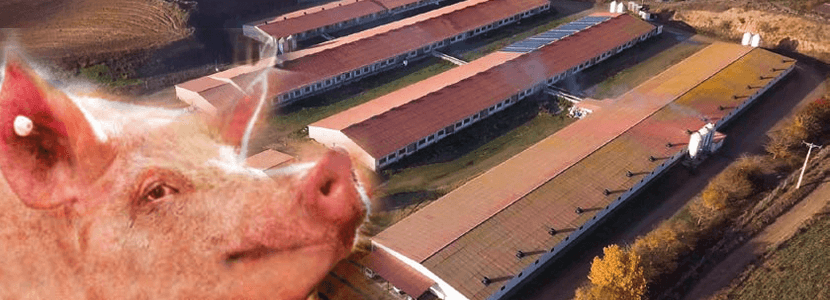The findings of the study show promising results for use in the field, especially in areas with limited laboratory resources.

Researchers from Shanxi Agricultural University and Capital Medical University in China have developed a new CRISPR-based diagnostic test that can detect African swine fever (ASF) in just 20 minutes.
CRISPR, short for Clustered Regularly Interspaced Short Palindromic Repeats, is a genome-editing technology adapted from a natural bacterial defense system. It allows scientists to target and modify specific genetic sequences with precision.
The new test, called sCRAM, is both simple and reliable. Its ease of use makes it especially valuable for field deployment, where rapid diagnosis is critical. ASF remains a major threat to the global swine industry, with a nearly 100% mortality rate in infected pigs and no effective vaccines or treatments currently available.
Rapid and extraction-free diagnostic platform
sCRAM offers a rapid and extraction-free diagnostic method that could help farmers and veterinarians quickly identify and contain outbreaks.
The test uses a one-tube reaction combining multi-enzyme isothermal amplification (MIRA) and a suboptimal PAM-mediated CRISPR-Cas12a system (37°C, 15 minutes) with a rapid nucleic acid release step (40°C, 5 minutes).
The process requires minimal preparation and produces results that are visible under UV light or via lateral flow strips (LFS). In trials using 111 simulated and clinical samples—including blood, plasma, and swabs—the test showed 100% agreement with qPCR for UV readouts and 98.2% for LFS. It also demonstrated 100% specificity and no cross-reactivity with other common swine pathogens.
These results suggest sCRAM could be a practical tool for ASF surveillance, especially in regions with limited laboratory resources.
Toward ASF-resistant pigs
In a separate study, Chinese researchers explored the potential of using CRISPR to develop transgenic pigs with resistance to ASF.
Their work, published in the Journal of Microbiology Spectrum, is the first to engineer a living organism to assess resistance to ASF infection through the CRISPR-Cas system.
The transgenic pigs showed a slower spread of the virus and delayed onset of symptoms. However, the study found no significant improvement in survival rates compared to wild-type pigs. While the CRSPR-Cas system did not prevent viral replication, it did demonstrate partial resistance, opening the door to further genetic resistance.
While CRISPR-Cas was unable to prevent virus replication, these findings highlight the potential of gene editing to combat ASF. Although more work is needed, the study lays important groundwork for future efforts to develop ASF-resistant pigs.
Subscribe now to the technical pig magazine
AUTHORS

Bifet Gracia Farm & Nedap – Automated feeding in swine nurseries

The importance of Water on pig farms
Fernando Laguna Arán
Microbiota & Intestinal Barrier Integrity – Keys to Piglet Health
Alberto Morillo Alujas
Impact of Reducing Antibiotic use, the Dutch experience
Ron Bergevoet
The keys to successful Lactation in hyperprolific sows
Mercedes Sebastián Lafuente
Addressing the challenge of Management in Transition
Víctor Fernández Segundo
Dealing with the rise of Swine Dysentery
Roberto M. C. Guedes
Actinobacillus pleuropneumoniae – What are we dealing with?
Marcelo Gottschalk
The new era of Animal Welfare in Pig Production – Are we ready?
Antonio Velarde
Gut health in piglets – What can we do to measure and improve it?
Alberto Morillo Alujas
Interview with Cristina Massot – Animal Health in Europe after April 2021
Cristina Massot
Differential diagnosis of respiratory processes in pigs
Desirée Martín Jurado Gema Chacón Pérez